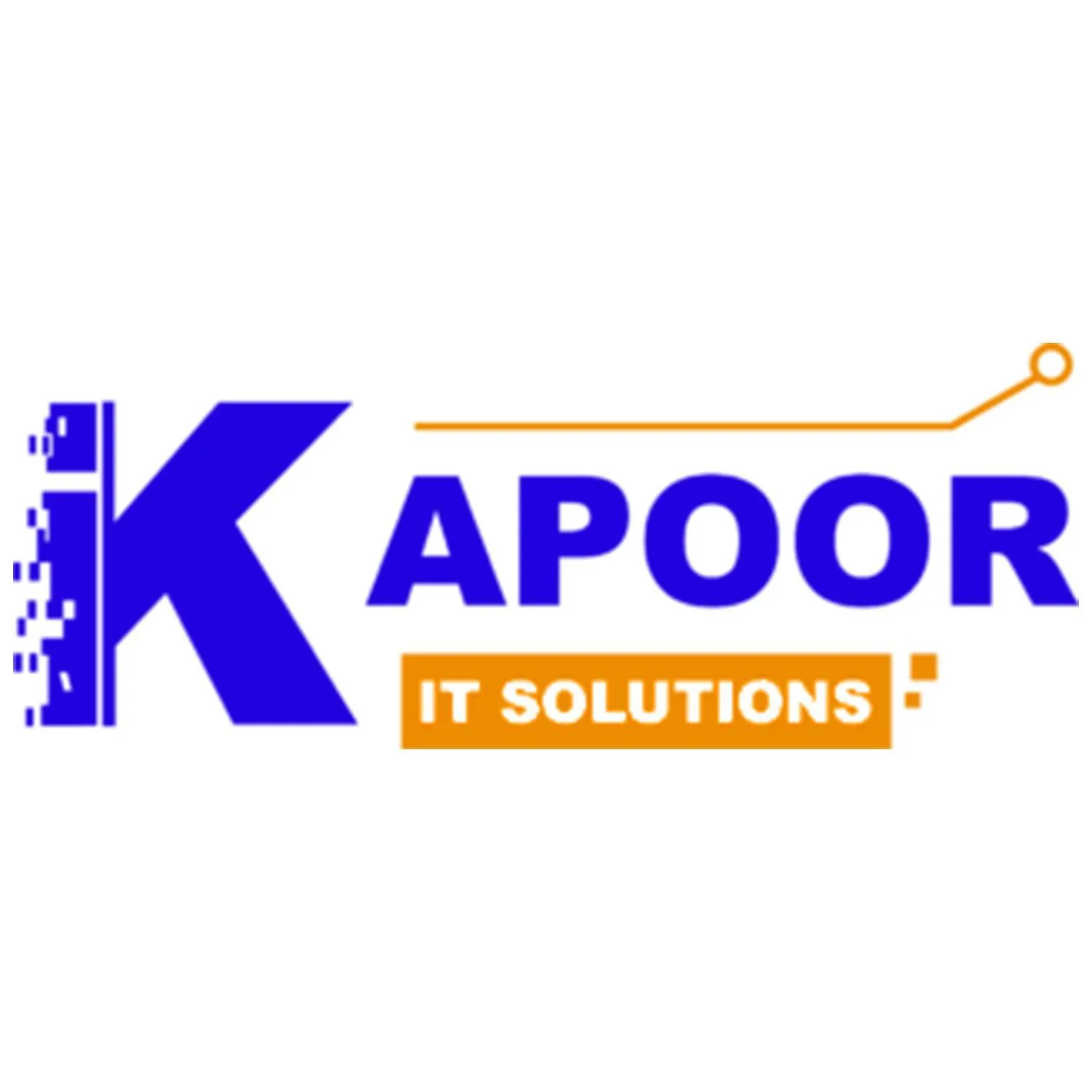Growing Demand for Generic Drugs, Biologics, and Chronic Disease Therapies to Drive Market Expansion
According to a recent report published by Renub Research, the U.S. Active Pharmaceutical Ingredients (API) Market is projected to increase from US$ 67.11 billion in 2024 to US$ 117.86 billion by 2033, growing at a CAGR of 6.46% during the forecast period 2025–2033. The report highlights the critical factors influencing market growth, including rising chronic disease prevalence, increasing use of biologics, greater focus on customized medicine, and robust pharmaceutical R&D investments.
📌 Access Full Report Here: U.S. Active Pharmaceutical Ingredients (API) Market
Surge in Chronic Illnesses Drives API Market in the United States
Chronic diseases such as cancer, cardiovascular ailments, diabetes, and autoimmune disorders are on the rise in the U.S., thereby accelerating the demand for highly potent and specialized APIs. According to the Centers for Disease Control and Prevention (CDC), 6 in 10 adults in the U.S. have a chronic disease, and 4 in 10 suffer from two or more. This high burden necessitates continuous drug innovation, further propelling API consumption.
APIs are the essential therapeutic components of medications and are pivotal in modern drug development. The U.S., with its advanced healthcare infrastructure and significant biopharma R&D investments, stands as one of the global leaders in API innovation and production.
Biologics and Specialty APIs Fueling Growth
Biologics have rapidly become the cornerstone of modern treatments, particularly in oncology, immunology, and rare diseases. The increasing FDA approvals of biologic drugs are fostering the demand for complex APIs. Unlike traditional small-molecule APIs, biologics involve more sophisticated manufacturing processes, including fermentation, genetic engineering, and bioprocessing techniques.
As pharmaceutical firms increasingly prioritize specialty drugs, customized treatment options, and biosimilars, the need for targeted and highly regulated APIs continues to rise. The U.S. market has emerged as a hub for biopharmaceutical innovation, with global players investing heavily in domestic manufacturing to meet rising demand and ensure regulatory compliance.
Favorable Regulatory Landscape and FDA Support
The U.S. Food and Drug Administration (FDA) plays a crucial role in shaping the country's API landscape. Initiatives such as the Drug Competition Action Plan (DCAP) have aimed to streamline the generic drug approval process and reduce drug prices, indirectly stimulating domestic API production.
Moreover, the FDA's increasing vigilance in monitoring overseas API imports, particularly from countries like China and India, is encouraging local API manufacturers to scale up operations and invest in advanced manufacturing practices, such as continuous manufacturing and green chemistry solutions.
COVID-19 and Reshoring of API Production
The COVID-19 pandemic underscored the vulnerability of U.S. supply chains, especially in the pharmaceutical sector. Heavy reliance on imported APIs—primarily from China and India—posed significant challenges during the global crisis. In response, the U.S. government and pharmaceutical firms initiated efforts to reshore API manufacturing to secure domestic drug supply chains.
Federal funding, policy incentives, and public-private partnerships have played a crucial role in boosting local production capacity. Programs like the Defense Production Act and BARDA (Biomedical Advanced Research and Development Authority) support the manufacturing of essential APIs within the U.S., offering further momentum to the market.
Key Market Segmentation
Renub Research’s report categorizes the U.S. API Market into the following segments:
1. By Type of Manufacturer
-
Captive APIs (In-house Production)
-
Merchant APIs (Contract Manufacturing)
Merchant APIs are gaining prominence as pharmaceutical companies increasingly outsource production to focus on core R&D activities and reduce operational costs.
2. By Drug Type
-
Generic APIs
-
Innovative APIs
The increasing approval of generics is making this segment highly attractive, thanks to the expiration of patents and government incentives to reduce drug costs.
3. By Type of Synthesis
-
Synthetic APIs
-
Biotech APIs (Biological APIs)
The biotech segment is anticipated to grow at the fastest pace due to the rising demand for biologics and biosimilars.
4. By Therapeutic Application
-
Cardiovascular Diseases
-
Oncology
-
Neurology
-
Orthopedic Disorders
-
Infectious Diseases
-
Others
Oncology remains the leading application segment, attributed to the increasing cancer burden and investments in precision oncology therapies.
Competitive Landscape: Key Players and Innovations
The U.S. API Market is characterized by the presence of both established pharmaceutical giants and dynamic emerging firms. Leading companies are continuously focusing on R&D, mergers & acquisitions, and strategic collaborations to gain a competitive edge.
Prominent Players Include:
-
Pfizer Inc.
-
AbbVie Inc.
-
Merck & Co., Inc.
-
Johnson & Johnson
-
Viatris Inc.
-
Bristol-Myers Squibb
-
Amgen Inc.
-
Gilead Sciences Inc.
-
Eli Lilly and Company
-
Teva Pharmaceutical Industries Ltd.
These companies are at the forefront of biopharmaceutical manufacturing and actively involved in API innovation, contributing to the U.S.’s reputation as a global leader in high-quality pharmaceutical ingredients.
Trends Shaping the Future of the U.S. API Market
1. Shift Toward Continuous Manufacturing
Pharmaceutical manufacturers are adopting continuous manufacturing technologies to enhance efficiency, reduce waste, and ensure product consistency.
2. Focus on Green Chemistry
Environmental concerns are driving the transition toward eco-friendly manufacturing processes, particularly for APIs with high environmental impact.
3. AI and Digital Integration
AI-powered platforms are being deployed to optimize drug discovery, predict molecule behavior, and streamline API synthesis routes.
4. Personalized Medicine
The growth of precision medicine is fueling the development of customized APIs targeted toward patient-specific treatments.
Market Outlook: A Promising Decade Ahead
The U.S. Active Pharmaceutical Ingredients market is on a robust growth trajectory, driven by innovation, regulatory support, and rising healthcare needs. Strategic investments in API manufacturing infrastructure, especially biotech APIs, will be pivotal to maintaining market leadership.
The increasing prevalence of chronic diseases, shifting pharmaceutical paradigms, and favorable policy environment are expected to ensure sustained demand for high-quality APIs in the United States through 2033.
New Publish Report:
About the Company
Renub Research is a Market Research and Consulting Company with more than 15 years of experience, especially in international Business-to-Business Research, Surveys, and Consulting. We provide a wide range of business research solutions that help companies make better business decisions. We partner with clients across all sectors and regions to identify their highest-value opportunities, address their most critical challenges, and transform their businesses.
Our wide clientele includes key players in Healthcare, Travel & Tourism, Food & Beverages, Power & Energy, Information Technology, Telecom & Internet, Chemicals, Logistics & Automotive, Consumer Goods & Retail, Building & Construction, and Agriculture. Our core team comprises experienced professionals with graduate, postgraduate, and Ph.D. qualifications in Finance, Marketing, Human Resources, Bio-Technology, Medicine, Information Technology, Environmental Science, and more.
Media Contact
Company Name: Renub Research
Contact Person: Rajat Gupta, Marketing Manager
Phone No: +91-120-421-9822 (IND) | +1-478-202-3244 (USA)
Email: rajat@renub.com
Website: www.renub.com





